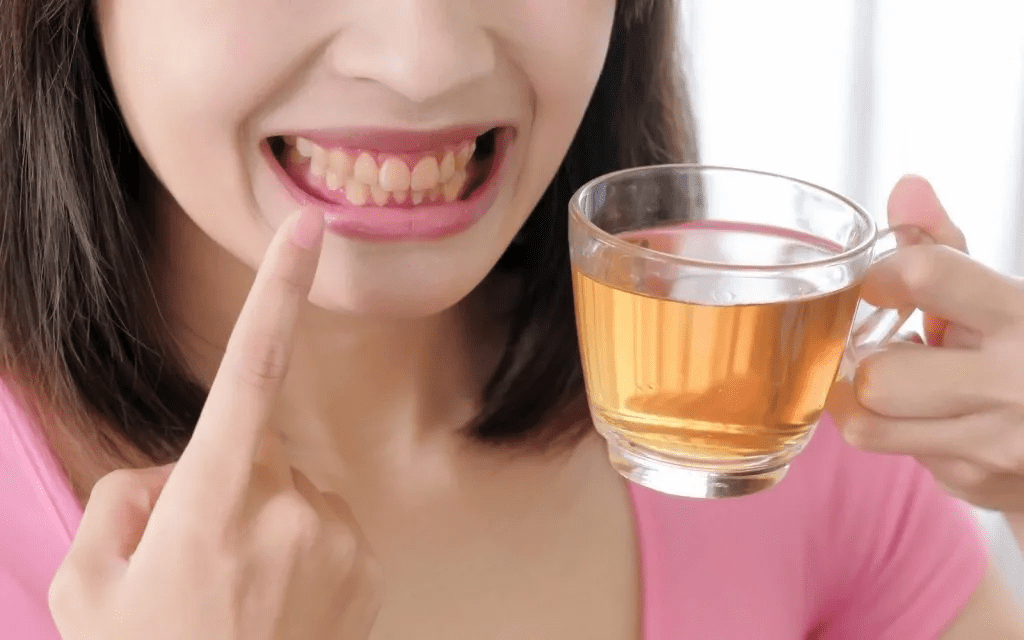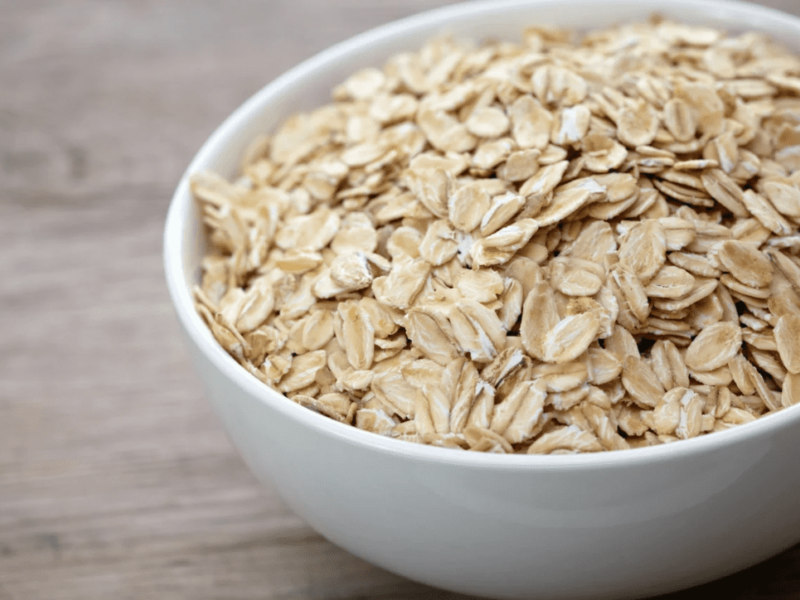Gum disease begins when plaque builds up on your teeth and around your gums. There are natural remedies for gum disease and tooth decay that you can use as part of your overall strategy. As with any disease, the sooner you act the greater chance you have of keeping your teeth healthy. Loose teeth and swellings often indicate advanced gum disease. In some cases, by the time teeth start to move. Find out what home remedies you can use to help prevent gum disease and tooth decay.
Saltwater
Advertisement
Saltwater is a great choice for anyone looking to treat gum disease. It has antiseptic properties and can help the body heal. Brushing the teeth with a soft brush without toothpaste, or rinsing the mouth with salt water after brushing can help reduce inflammation. Saltwater is a natural remedy that can help soothe sore throats, sore gums, or recent surgeries. Therefore, if you have gum disease, saltwater may be a helpful addition to your treatment plan.
Sage Mouthwash
Some brands of mouthwash have high alcohol content which may lead to a dry mouth, and an increase in bacterial plaque. However, a sage rinse can act as an anti-inflammatory for your gums. Rinsing with a sage mouthwash on a daily basis can reduce the bacteria that causes dental plaque. You can make your own sage rinse at home by boiling water and adding two tablespoons of fresh sage or one teaspoon of dried sage. Let it simmer on low for 10 minutes before straining the mixture. Store it in a bottle and use it to rinse your mouth for 30 seconds, twice daily
Aloe vera
Aloe vera has long been known to heal scrapes and burns, but it can also be effective in treating mouth conditions. Studies have shown that aloe vera is just as effective as two commercial toothpastes in reducing disease-causing bacteria. Aloe vera has also been shown to help with healing after gum surgery. Applying aloe vera gel may result in better initial healing and reduced discomfort. If your gums are sore or swollen, you may notice relief with aloe vera. If you’re using a rinse, swish it around your mouth for 30 seconds, brush, and spit.
Lemongrass oil
A mouthwash with a small amount of lemongrass oil can reduce bacterial plaque levels. A mouthwash with 0.25% lemongrass oil can reduce plaque more effectively than chlorhexidine gluconate, which is a proven anti-bacterial rinse used to treat gum inflammation. A lemongrass oil rinse is easy and quick to make, but it can be potent. To create one, simply add two to three drops of lemongrass oil to a cup of water. Swish for 30 seconds and spit. You may want to start with just one drop and increase the amount if it doesn’t bother.
Baking soda
Sodium bicarbonate is an effective ingredient to use on your teeth and gums. It works against harmful mouth bacteria, and it also neutralizes acids that cause inflammation and damage of tooth surfaces. As an added bonus, sodium bicarbonate breaks down stains and can brighten teeth. You can make a paste by mixing a small amount of baking soda with water and gently brushing on your teeth. This slurry provides one method of cleaning, but it’s important to include other anti-bacterial compounds in your routine.
Green Tea
Green tea contains many antioxidants which could help to lessen inflammation. The antioxidants in green tea can help to reduce the immune system’s inflammatory response to bacteria in the mouth. This, in turn, helps to reduce the damage done to gums and the supporting jawbone. Polyphenols are also known to restrict the growth of bacteria that leads to gum inflammation. Green tea is not only good for overall health, but it’s a delicious alternative to coffee that many people enjoy.
Advertisement


